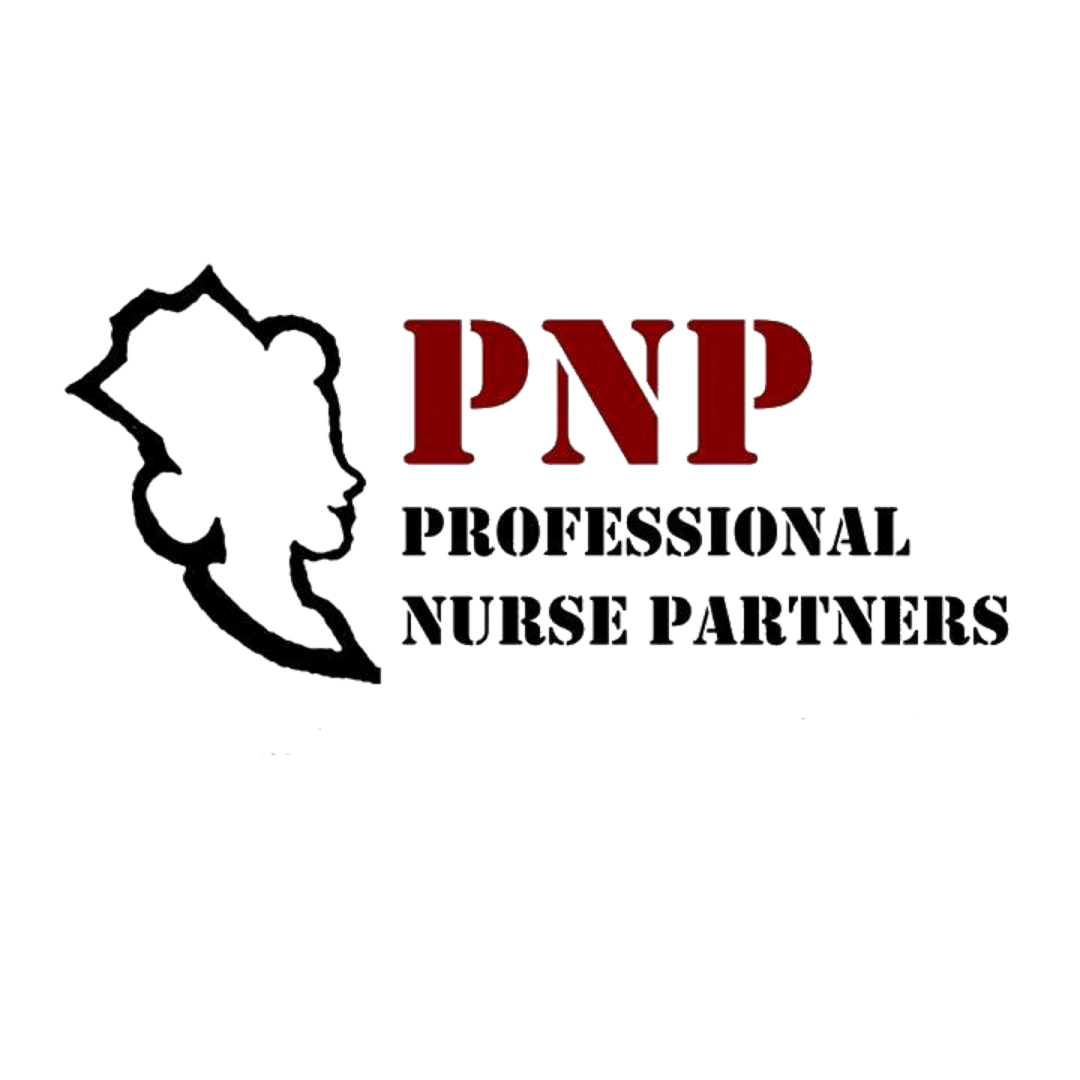With aging, there's a higher chance of losing your teeth. Most people just assume that this will happen and there isn't anything that can be done. False. This is not always the case and won't be for you if you take the proper steps in taking care of your mouth.
- Make sure to be brushing twice a day. Once in the morning and once at night.
- Remember to floss as well. This is extremely important because you want to get rid of all the bacteria that has been building up. If you fail to floss you are at a higher risk of tooth decay or loss. The best time to floss would be after meals or at the end of the night before you go to bed after you've eaten all your meals for the day.
- If you wear dentures, clean them out daily. Just think of it like brushing your teeth and getting rid of all that build up. It's best to take them out each night before you go to bed.
- Get the most fluoride that you can to protect your teeth by drinking tap water. Have a few glasses a day of just sink water as well as other bottled water that you consume.
- It's most important to visit your dentist regularly. Every 6 months is recommended so you are able to get a full cleaning and see if there are any problems.
Let's make your teeth last forever. A healthy mouth will make you feel so much better!
Source: https://www.mouthhealthy.org/en

